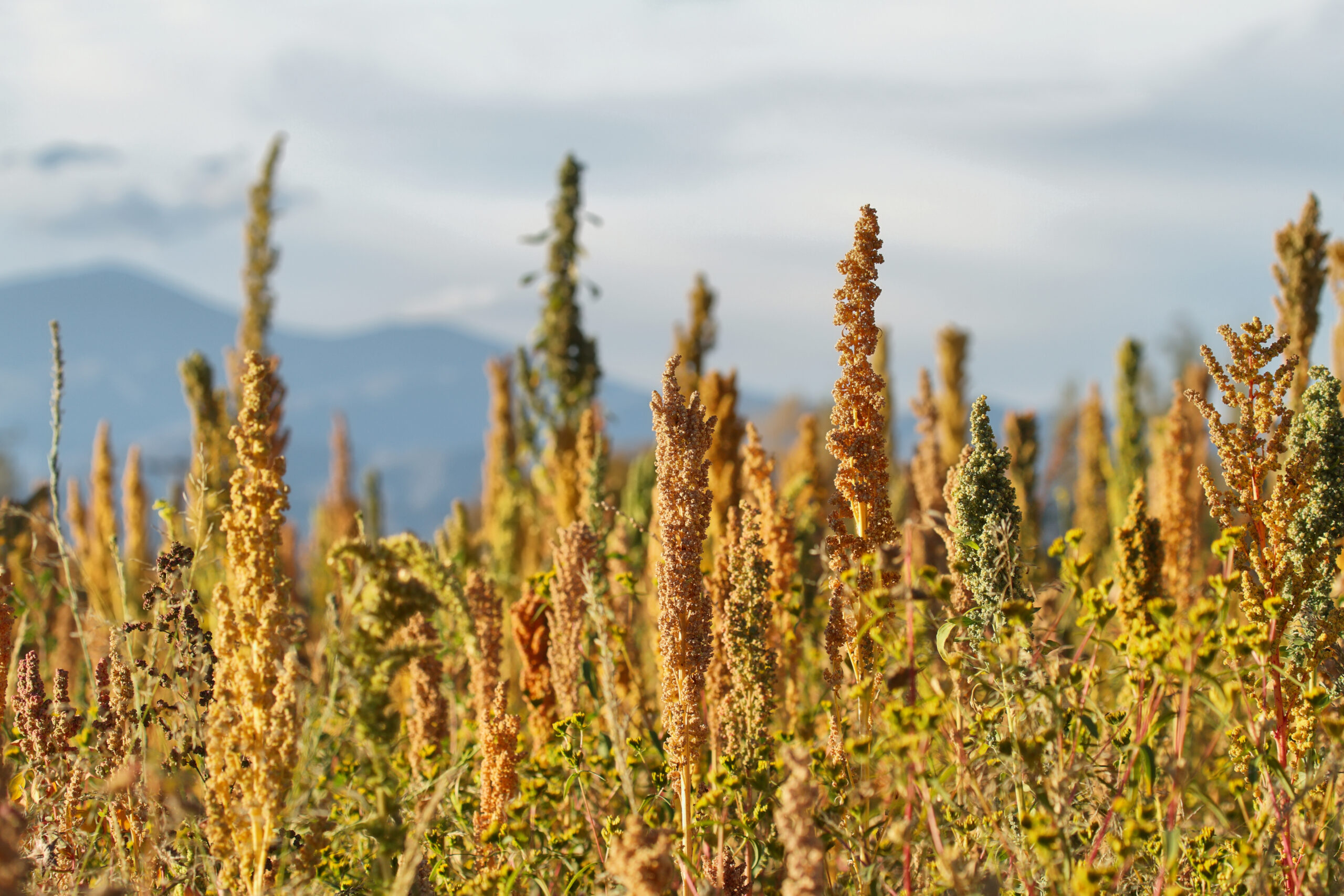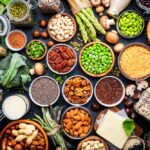In the Wageningen greenhouses, researchers from the Laboratory for Plant Breeding tested the growth and development of two quinoa varieties that were given water with an increasing salt content. One quinoa variety, Pasto, developed a conservation strategy in which the plant limited water uptake and thus growth.
The second quinoa, selRiobamba, on the other hand, developed a acquisitive strategy to achieve growth despite the salt stress. The outcome is important for plant breeders who want to develop new salt-tolerant crops, reports lead author Viviana Jaramillo Roman in Frontiers in Plant Sciences. Salt tolerance is a very complex trait involving multiple genes.
New greenhouse
The research took place in the Netherlands Plant Eco-phenotyping Center (NPEC) of WUR, in which researchers very accurately measure the effects of stress factors such as salt water on the development of plants. The researchers measured, among other things, the transpiration of the plants every 3 minutes for 11 weeks. This research can be carried out on a larger scale in NPEC’s new greenhouse, which was recently put into use.

 Quinoa. Photo Shutterstock
Quinoa. Photo Shutterstock 

